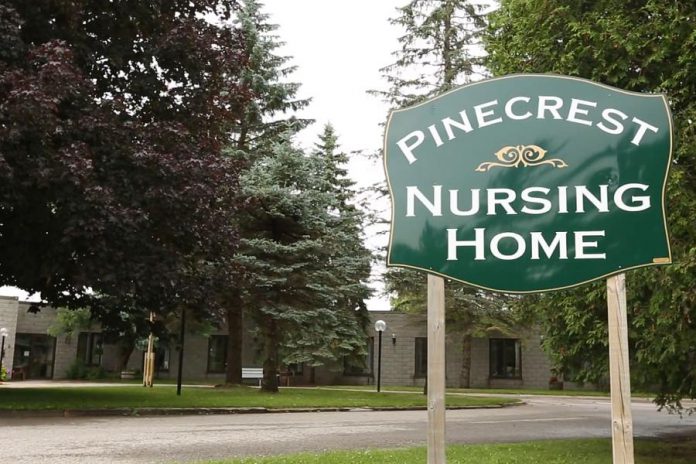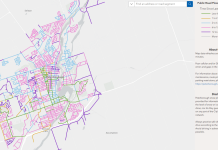
The Haliburton, Kawartha, Pine Ridge District Health Unit announced on Monday (January 25) it has received its first allocation of COVID-19 vaccines — 700 doses of the Moderna vaccine.
The health unit says it will be delivering the vaccine to long-term care homes in Northumberland County, Haliburton County, and the City of Kawartha Lakes so that residents can be vaccinated as soon as practical. There are around 1,600 residents living in area long-term care homes.
The vaccine was delivered to Ross Memorial Hospital in Lindsay, which has agreed to receive and to store the health unit’s vaccine. From there, health unit staff will deliver the doses to area long-term care homes where residents will be vaccinated. It is expected that 100 to 150 vaccinations will take place each day.
Residents of Pinecrest Nursing Home in Bobcaygeon, Hope Street Terrace in Port Hope, and Maplewood Long-Term Care Home in Brighton are among the first group who will be vaccinated. The health unit says additional vaccination clinics will take place in the other long-term care homes in the area over the course of the next couple of weeks.
“Unfortunately, we know that what we have received will not ensure that all of our long-term care residents are vaccinated with this week’s supply,” said Dr. Ian Gemmill, the health unit’s acting medical officer of health.
“We have had to determine priorities about which long-term care homes get the vaccine first,” Dr. Gemmill added. “We are hopeful that we will soon receive more vaccine so we can complete the immunization of residents and staff of both our long-term care homes and retirement homes.”
The Ontario government announced on Monday that it has revised its target date to have all residents of long-term care and retirement homes vaccinated by February 5th instead of February 15th as originally announced.
Earlier on Monday, Peterborough Public Health announced it has received 500 doses of the Moderna vaccine.
Both health units were originally set to receive the Pfizer-BioNTech vaccine but, due to delivery delays announced by Pfizer, are now receiving the Moderna vaccine.
Like the Pfizer-BioNTech vaccine, the Moderna vaccine is a messenger RNA (mRNA) vaccine. Unlike traditional vaccines, mRNA vaccines do not contain a weakened or dead version of the virus.
Instead, they use mRNA to prompt cells in the body to produce a harmless piece of the same protein that is found on the surface of the virus causing COVID-19. The body develops antibodies to that harmless protein, so it can mount an effective immune response if a person is infected with the actual virus.
For maximum efficacy, the Moderna vaccine requires two shots administered 28 days apart. Based on evidence from clinical trials, the Moderna vaccine was 94.1 per cent effective at preventing laboratory-confirmed COVID-19 illness in people who received two doses, who had no evidence of being previously infected.
The vaccine is packaged in 10-dose units and once each package is opened, all vaccine doses must be used as it cannot be refrigerated or stored again.


























